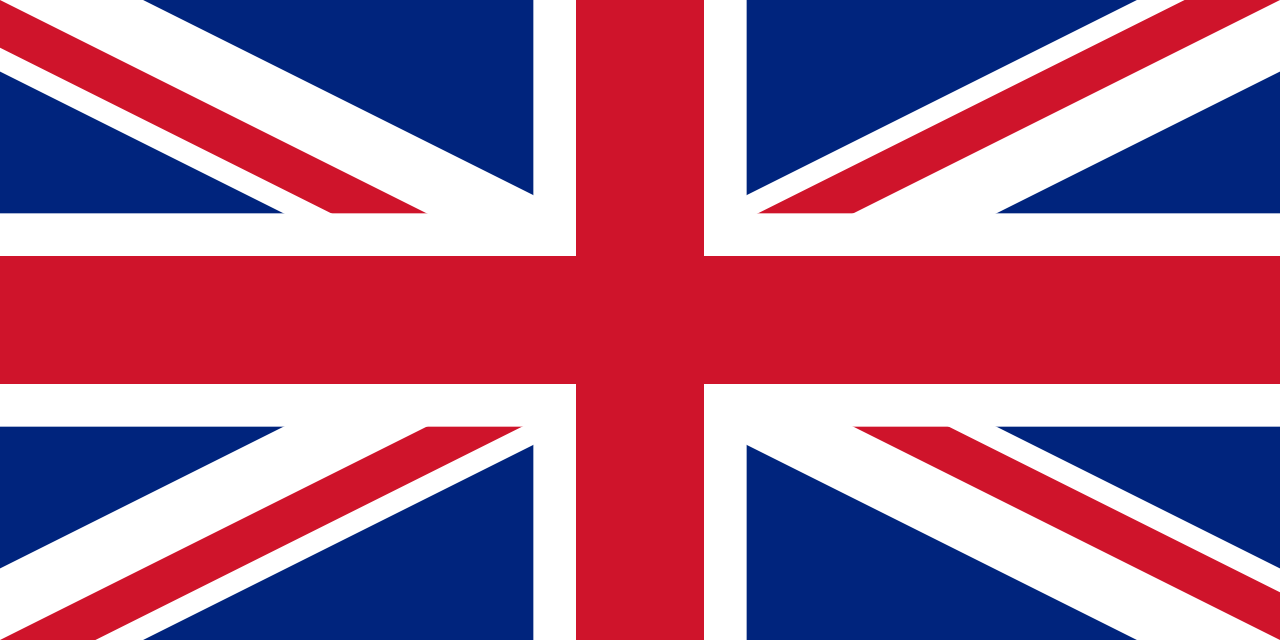Monsieur/Signor Wregg weighs in on Brexit; viewpoints are his own and not representative of Les Caves de Pyrene as a whole.
*
You will have read reams on this subject and experienced weeping, wailing and gnashing of teeth. This is not to revisit the arguments, but rather to gauge the current temperature and look at the wider implications of the recent leave vote.

People voted on the wrong question at the wrong time for the wrong reasons with the wrong information and now face a short/medium and possibly a long period of uncertainty. This was not democracy in action, but a beauty contest – or rather a very ugly contest.
The result of opening any Pandora’s box in this way is unleashing the known unknowns and the unknown unknowns to quote Donald Rumsfeld. And certain hidden evils. This was not the cathartic process that the government expected and wished for, but one that has poisonous consequences that are far beyond the potential unpleasant financial ramifications.
For what we are beginning to witness is the parochial mentality writ large. That a portion of the population may express their desire to disengage from the institutions of Europe is not a demonstration of an innate patriotism nor even the affirmation of a desire for so-called sovereignty. A silly term anyway since we do not elect our sovereign. Not is our democracy anything other than a quasi-elective dictatorship when the current government can be voted in with an absolute majority with under 30% of the popular vote and put into statute a legislative programme that over 70% of the public did not vote for.
Nor is it, as some would assert, about taking back control of our destinies– in reality, Europe has relatively little say over our everyday lives, and, in any case, it is for us to take control, or to work collectively at a local or even at a national level (politically speaking) to create positive changes in our lives. Politics is the discourse and actions of ordinary people and yet it has become over time the province of the unaccountable professional power-brokers: the banks, big corporations and faceless institutions and, of course, the markets. We can wrest some of the control back by contributing and being part of the political process; what we must not do is to scapegoat certain groups in society and blame them for all the country’s woes. That way takes us back to the 1930s, the idea of segregation and the rise of Fascism in Western Europe.
All this aside, confidence in your national identity means that you are willing and happy to engage with and accommodate others, not that you feel the need to erect walls around your country. Even primitive tribes and cultures will accept a stranger into their midst; the appeal from the leave camp to the narrow tribalism was ugly and is now manifesting itself in racist abuse in the streets and on social media. The bigotry is amorphous, directed vaguely against all foreigners, more specifically against Islamic-looking people, be they Islamic or otherwise, be they born and bred in Britain – or otherwise. To tolerate this is to tolerate any manifestation of hate.

The wine trade and the hospitality industry is incredibly cosmopolitan – the knowledge, the culture, the work ethic that people bring from other countries and their respective contributions to society cannot be overstated. We have been lucky to live in a time when we have been free to do business with other countries, free to work and to travel abroad, to enjoy the benefits of other societies. And vice versa. The more we learn about other cultures the more we understand about ourselves in particular and humankind in general.
What makes our country a united kingdom is not insularity and divisiveness, but tolerance, understanding and generosity of heart. What makes us British is not our birthplace, but the values we hold and our ability to both absorb and celebrate alternative cultures.

